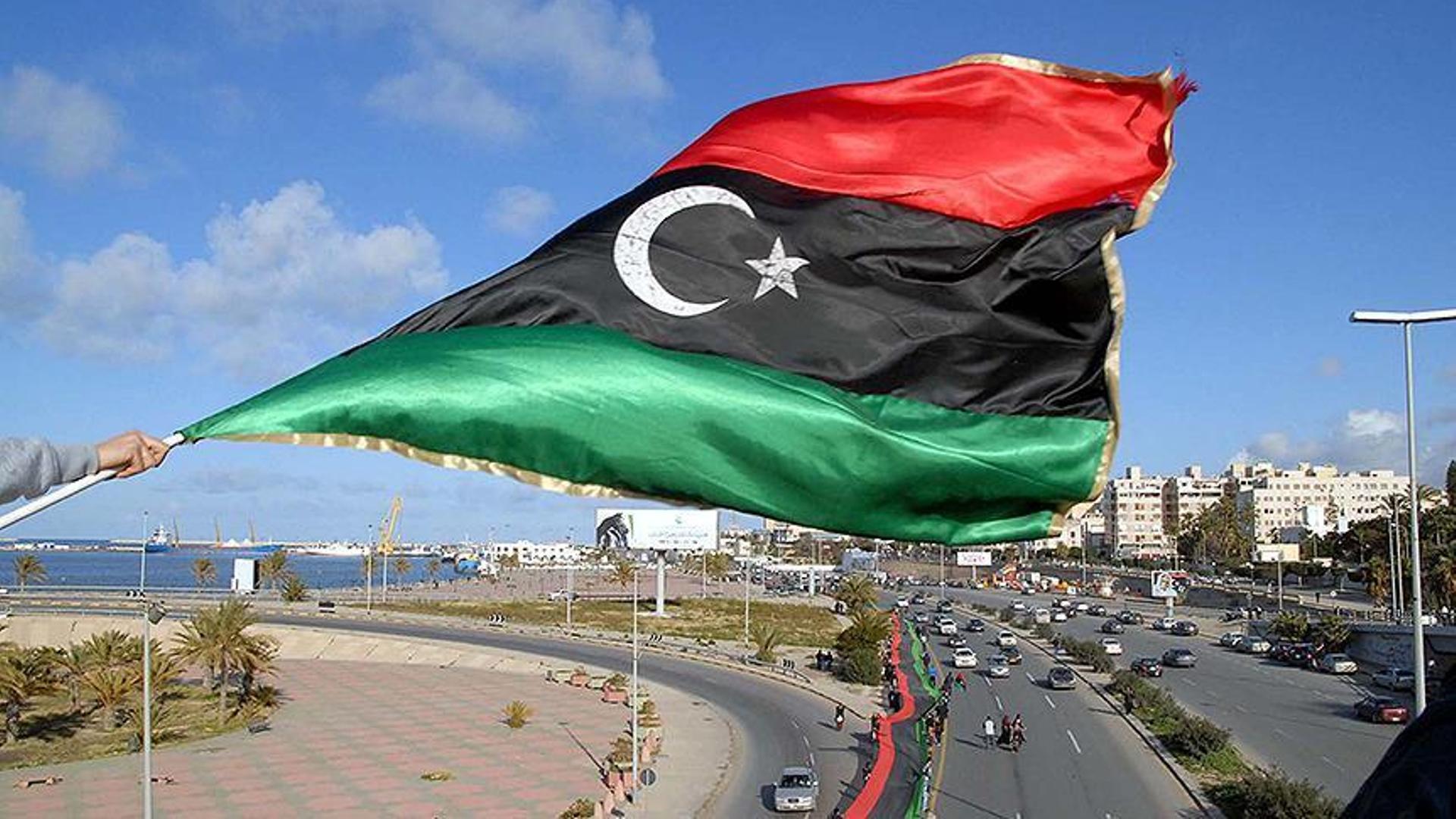The agreement between the UN-recognised government in Tripoli and the Tobruk-based legislature to demilitarise Sirte is an important step towards peace but obstacles remain primarily in the form of the renegade warlord, Khalifa Haftar.
Fayez al Sarraj, the prime minister of Libya’s UN-backed Government of National Accord (GNA), and Aguila Saleh, the speaker of a rival Tobruk based parliament in eastern Libya, both recently agreed to a UN plan to pull military forces away from Sirte and the eastern oil crescent, where much of Libya’s oil infrastructure is based.
As things stand, these oil terminals and ports are occupied by the warlord Khalifa Haftar, an ostensible ally of the Tobruk entity but who in practice acts independently when it suits him.
The warlord and his self-declared ‘Libyan National Army’ (LNA) have characteristically dismissed the ceasefire announcement with its spokesman Ahmed Mismari describing the agreement as a “marketing” stunt.
Haftar’s actions in the coming days, as well as those of his patrons in the UAE, will be the key issue to watch, as they stand the most to lose from the demilitarisation of the area surrounding Sirte.
The ceasefire call is nevertheless a significant breakthrough and indicates an opportunity for renewed efforts to achieve a political settlement. This is the result of a recent diplomatic push by Germany, Turkey, and the US.
That diplomatic leverage has been made possible thanks to heavy defeats inflicted on the LNA by GNA forces.
Over the last few months, with Turkish support, the internationally recognised government in Tripoli has managed to push Haftar to the borders of the coastal city of Sirte, some 450km east of Tripoli, and al Jufra airbase in central Libya.
Strategic significance of Sirte and al Jufra
Sirte is vital for the UN-backed GNA for two primary reasons. First, the city has great economic importance as a gateway to Libya’s oil crescent region. Since January this year, Libya has lost at least $8bn as a result of Haftar’s oil blockade. Oil and natural gas revenues represent almost 90 percent of the government’s revenue.
The Libyan people have suffered profoundly as a result, with large-scale electricity, water, and gas cuts. A lack of funds in the government treasury has made it harder for Libya to pay for imports, such as medical supplies, which in turn has made it harder to battle the coronavirus.
This helps to explain recent protests where people in the capital marched last Sunday to voice displeasure about failing public services and constant power cuts.
A ceasefire that succeeds in preventing fighting and resuming oil production is therefore seen as an important development by countries who support opposite sides in the Libyan civil war.
Secondly, taking Sirte would enable the GNA to seize control of the Libyan coastline stretching from the capital in the west to Benghazi to the east.
Al Jufra is another strategically placed asset but in central Libya. The air base has been used as the primary operational hub for Haftar’s LNA to advance into western Libya, as well as an effective launch pad for any offensive on Tripoli.
In the past few weeks, Russia has reportedly increased the number of mercenaries it has in the country. Forces from the Wagner group were mobilised to support Haftar’s LNA in Sirte in order to protect its economic and political interests in eastern Libya. The military build-up and the transfer of equipment to Sirte is therefore expected to continue despite the ceasefire.
The loss of Sirte and the al Jufra military base, in particular, to GNA Forces would severely hamper the strategic objectives of Haftar’s backers in the country. For this reason, any tangible progress taken towards demilitarising Sirte will be the real measure of the ceasefire agreement.
Stephanie Williams, the acting special representative of the United Nations for Libya, called the coordinated announcements a sign of political “courage,” adding that she hoped they would finally lead to the departure of all foreign forces and mercenaries.
Haftar’s reaction to the ceasefire could underline divisions between the Tobruk-based parliament and the warlord. Given his history of undermining political solutions and doing what he wants, it could be harder for sincere diplomatic efforts to end the conflict in Libya.
If that is the approach Haftar chooses, the ceasefire will not succeed unless Sirte and al Jufra airbase are freed from his militias. It would otherwise seem difficult to reach a sustainable peace in Libya.
Considering this and the multitude of actors engaged in the Libyan conflict, what happens next will more likely take the form of conflict management than a stable ceasefire.
Will the ceasefire in Libya be implemented? It’s too early to tell, but if there was genuine action, it would be a constructive step towards a long-lasting settlement effort.
Author: Ferhat Polat
Ferhat Polat is a Deputy Researcher at the TRT World Research Centre. He is a PhD researcher in North African Studies at the Institute of Arab and Islamic Studies in Exeter with a particular focus on Turkish Foreign Policy.
Source










Discussion about this post